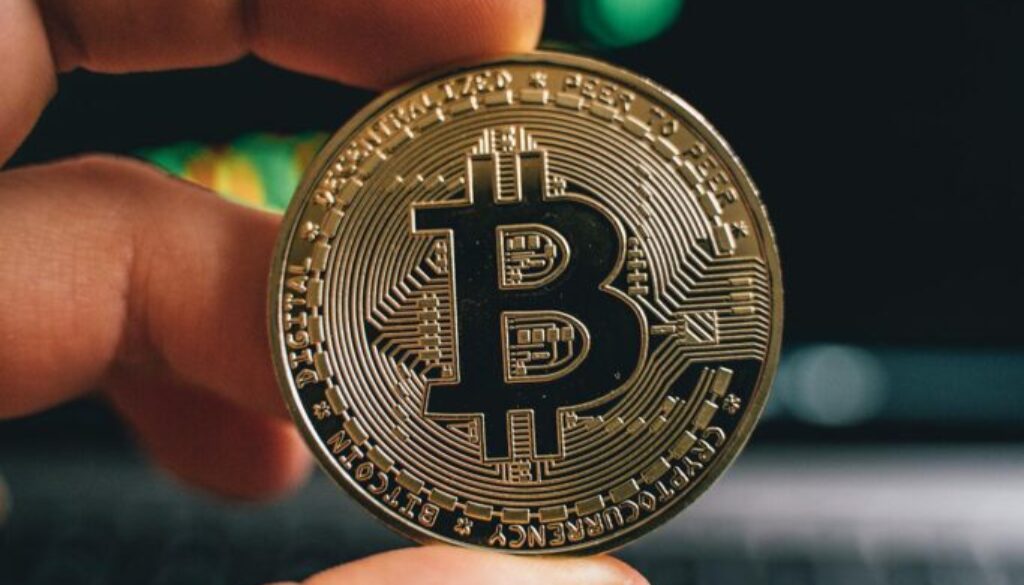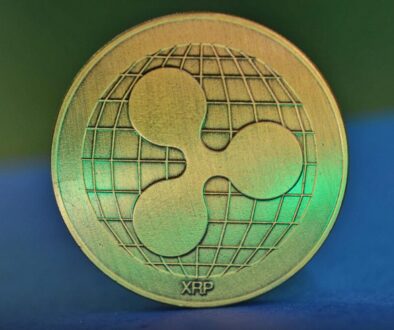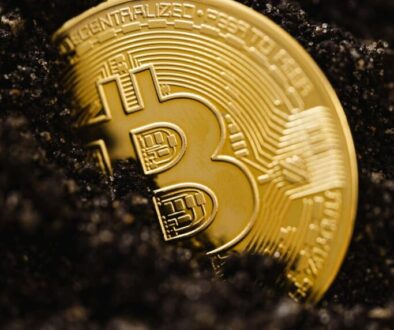Cryptocurrency has evolved far beyond its early days, with Bitcoin (BTC) and XRP (Ripple) taking center stage among digital assets. But while Bitcoin is considered the pioneer and gold standard of crypto, XRP is often highlighted as a practical alternative for real-world financial systems. Could XRP be the next Bitcoin? Let’s break down the pros and cons of each and look at the numbers.
Bitcoin (BTC)
🔹 Price (May 2025): ~$104,118
🔹 Market Cap: ~$1.5 trillion
🔹 Live price source
✅ Pros:
- First-Mover Advantage
- Launched in 2009, Bitcoin enjoys the brand power of being the first cryptocurrency.
- Decentralization and Security
- Operates on a decentralized proof-of-work network with thousands of nodes securing the system.
- Mainstream Adoption
- Accepted by major companies, integrated into financial platforms, and recognized as digital gold.
- Limited Supply (21M)
- Its scarcity contributes to its long-term value proposition.
❌ Cons:
- Slow Transaction Speed
- Handles 7 transactions per second (TPS) compared to XRP’s 1,500+ TPS.
- High Energy Consumption
- Mining Bitcoin uses more electricity than some small countries (source).
- High Transaction Fees
- During network congestion, fees can spike significantly.
XRP (Ripple)
🔹 Price (May 2025): ~$2.42
🔹 Market Cap: ~$130 billion
🔹 Live price source
✅ Pros:
- Fast & Cheap Transactions
- XRP transactions settle in ~3-5 seconds with minimal fees (fractions of a cent).
- Bank Partnerships
- Ripple Labs, XRP’s parent, has partnerships with over 300 financial institutions including Santander and SBI Holdings.
- Efficient Cross-Border Payments
- Designed to solve the SWIFT system’s inefficiencies in international remittance.
- Eco-Friendly
- Uses a consensus protocol, consuming far less energy than Bitcoin.
❌ Cons:
- Centralization Concerns
- A large portion of XRP is held by Ripple Labs, raising concerns about supply control and central influence.
- Regulatory Uncertainty
- Ripple’s legal battle with the U.S. SEC, while mostly resolved, created lasting skepticism.
- Weaker Retail Adoption
- Fewer merchants accept XRP for payments compared to Bitcoin.
Head-to-Head: Key Metrics
| Metric | Bitcoin (BTC) | XRP (Ripple) |
|---|---|---|
| Launch Year | 2009 | 2012 |
| Max Supply | 21 million | 100 billion |
| Transactions/sec | ~7 TPS | ~1,500+ TPS |
| Average Fee | $2–$30 | <$0.01 |
| Confirmation Time | ~10 minutes | ~3–5 seconds |
| Energy Usage | Very high (PoW) | Very low (Consensus) |
So… Is XRP the Next Bitcoin?
Not exactly. While XRP excels in speed, cost-efficiency, and institutional utility, Bitcoin remains the dominant store of value and enjoys stronger decentralization and public trust. XRP is unlikely to “replace” Bitcoin, but it can complement it—especially in global finance.
Conclusion: XRP may not become the next Bitcoin in terms of cultural or financial dominance, but it could carve out its niche as a global payment protocol. Investors and users should recognize these two assets as serving different roles in the crypto economy.




